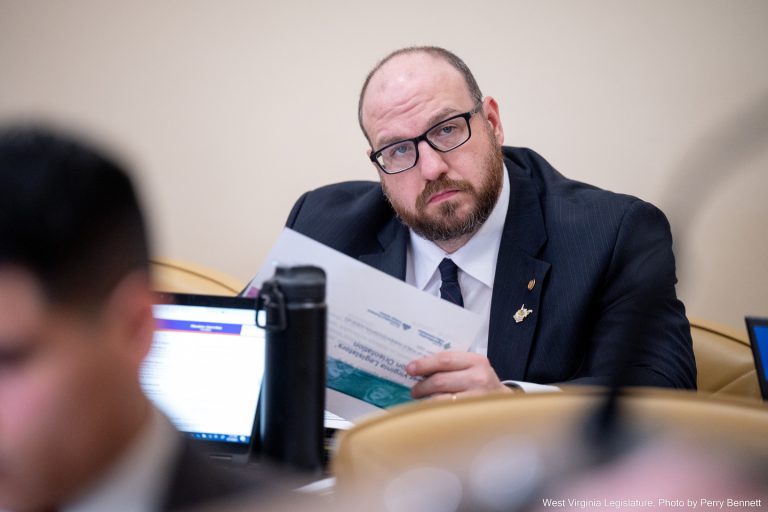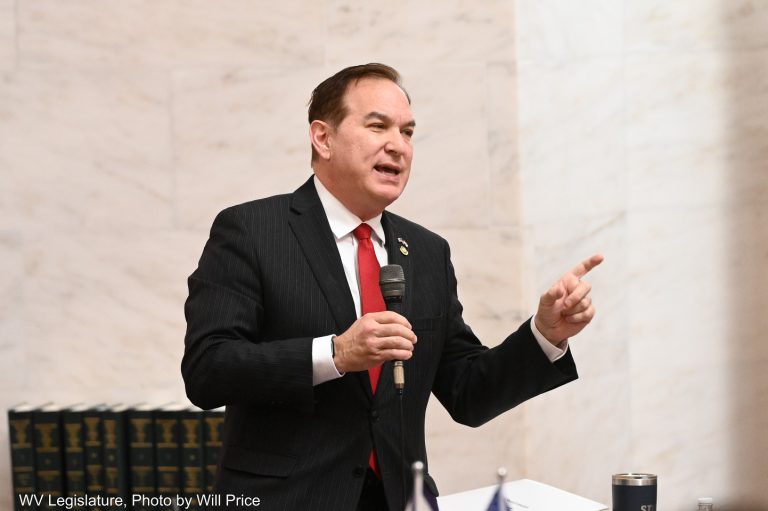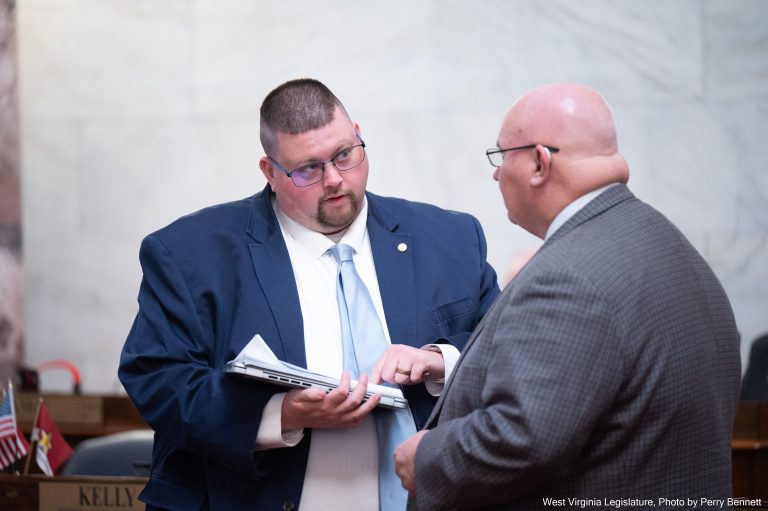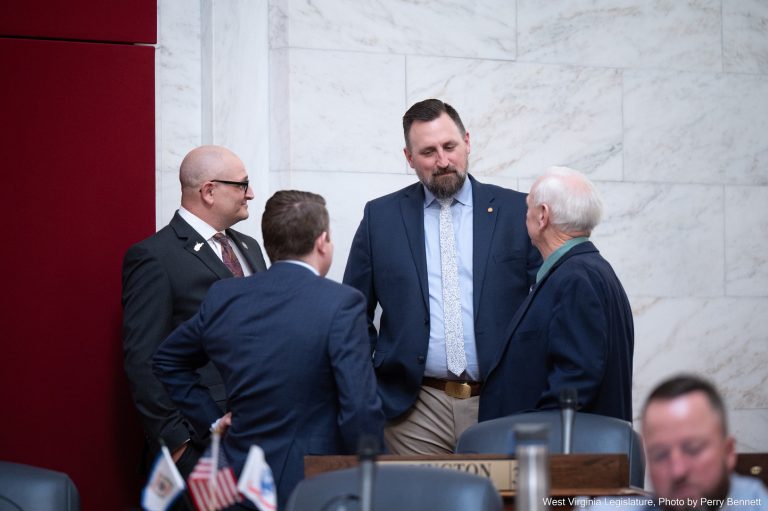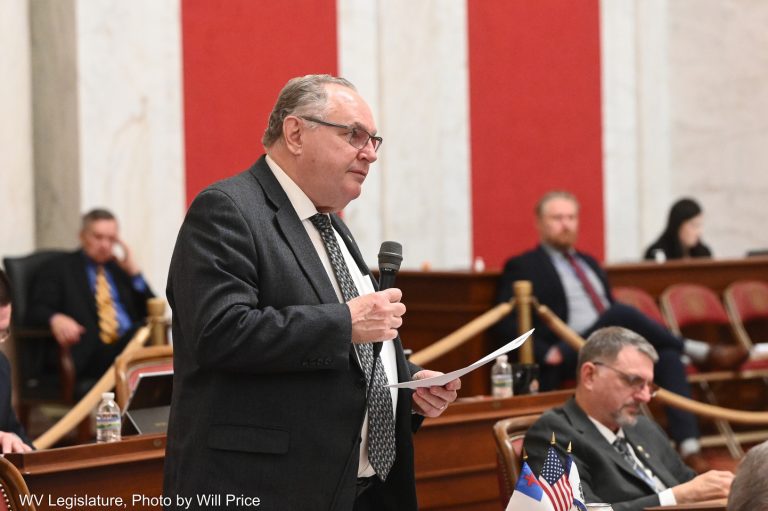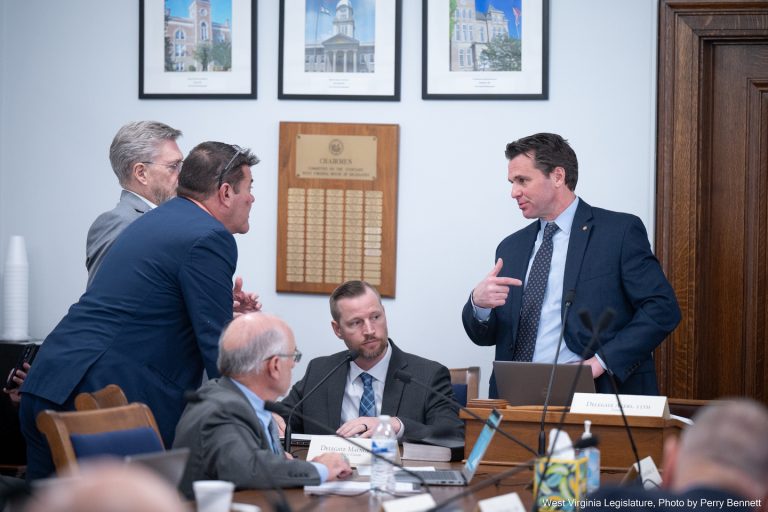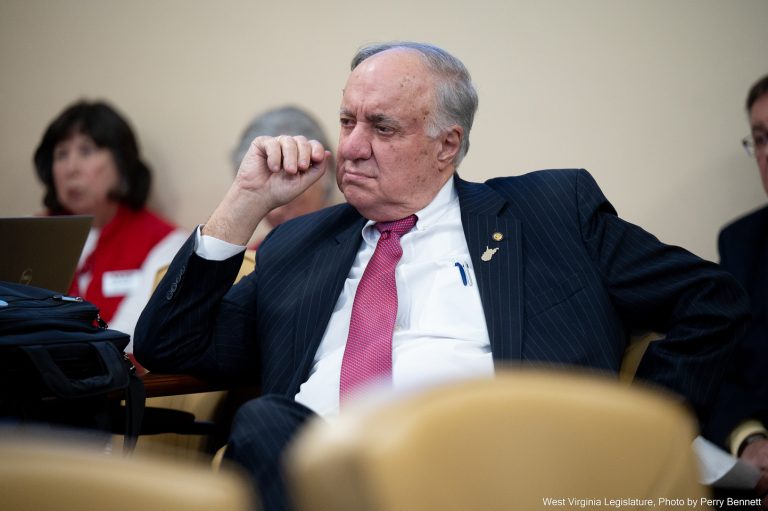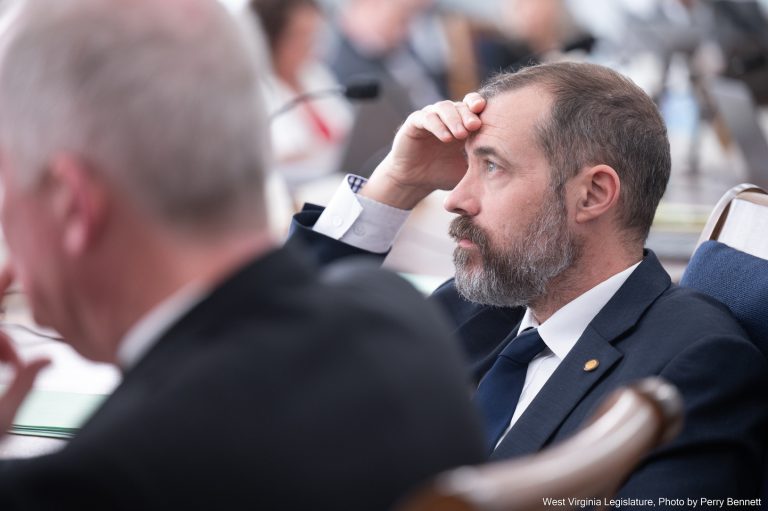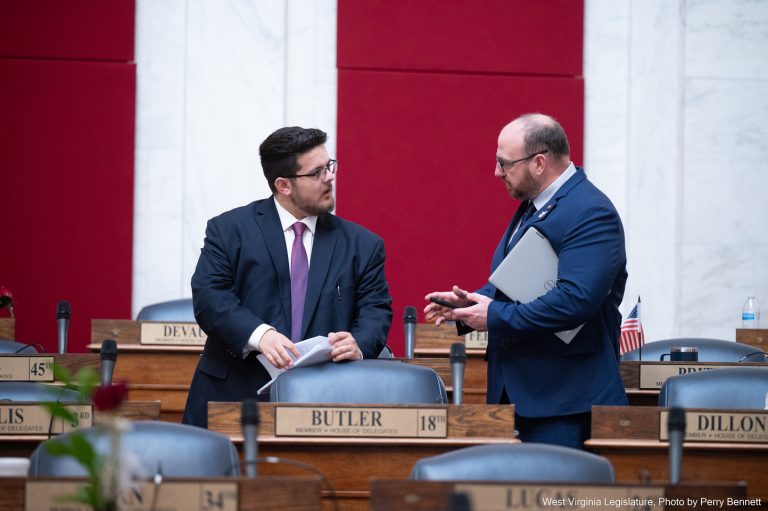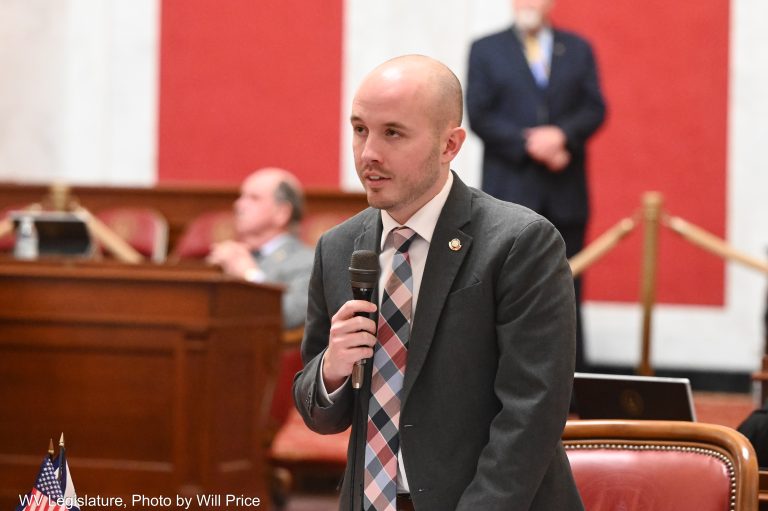The Committee of Education met this afternoon.
Committee Hearing
House Bill 2166 creates the Behavioral Health Workforce Initiative within the Higher Education Policy Commission.
House Bill 2187 permits administrators, teachers, and support personnel in K-12 to conceal carry firearms and be designated as a school protection officer (SPO). An SPO must have a valid concealed carry permit and a certificate of SPO training. The training will include mitigation techniques, communications capabilities, neutralization of potential threats and active shooters, accountability, reunification, psychology of critical incidents, de-escalation techniques, crisis intervention, trauma and first aid care, history and pattern of school shootings, tactics of responding to critical incident in schools, live firearms training, realistic training, and a behavioral health assessment. The Legislature would appropriate funding per county school district opting into the SPO program to be used for training.
Liability is a concern. The cost of BRIM coverage could increase. The bill doesn’t define how many guns an SPO can carry or unintentional disclosure. The uncertainty of several questions was a concern of a couple of presenters.
House Bill 2190 permanently adds Potomac State College of West Virginia University as an eligible institution for participation in the “Learn and Earn Program”
House Bill 2411 requires WV high school students to pass at least one credit of computer science to graduate. The bill establishes requirements for the classes and creates teaching positions.
House Bill 2614 provides an optional lump sum payment of accrued personal leave to full-time employees of a county school board upon the end of full-time employment due to death.


